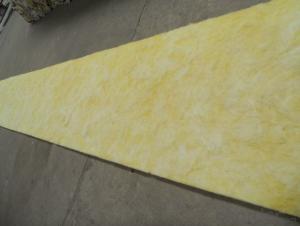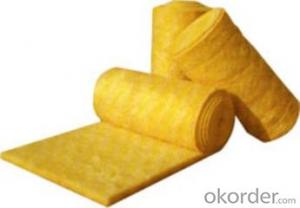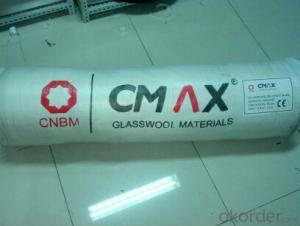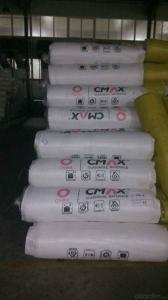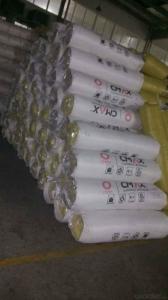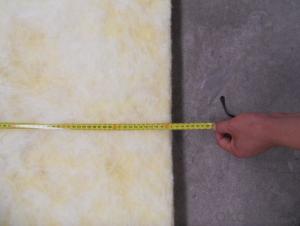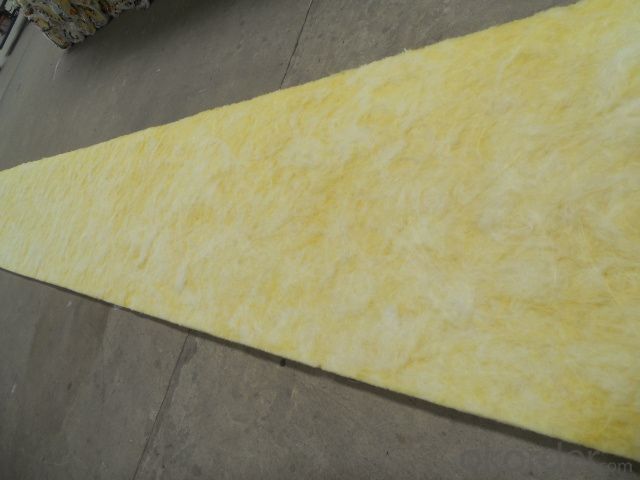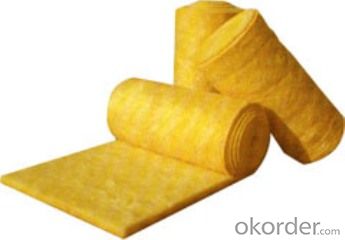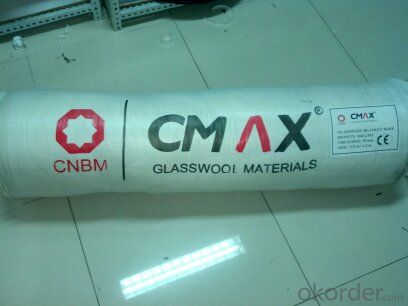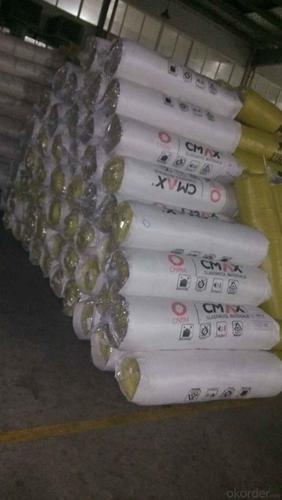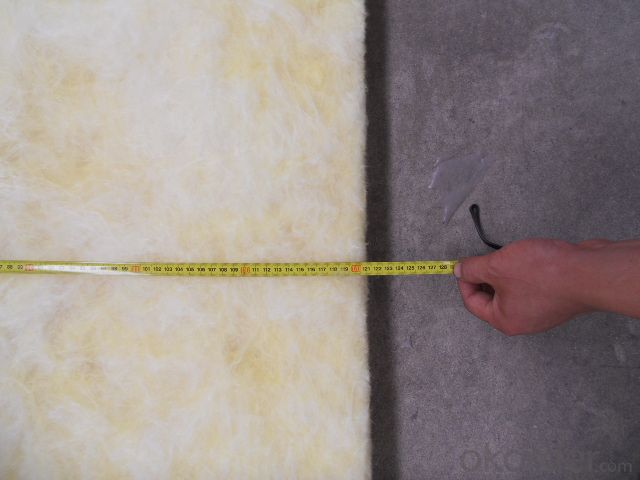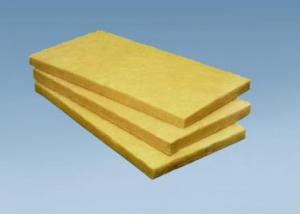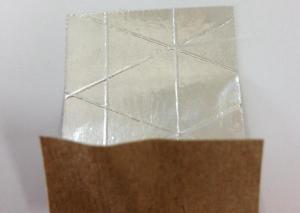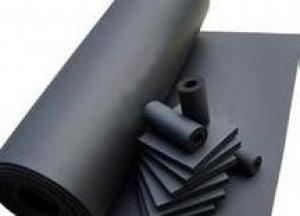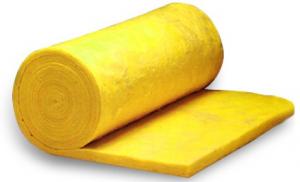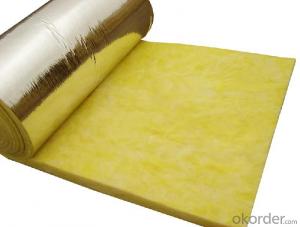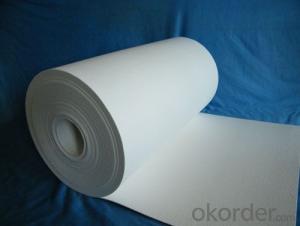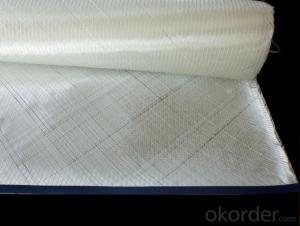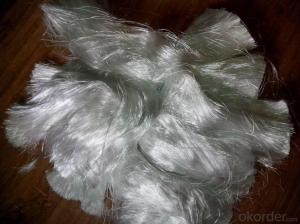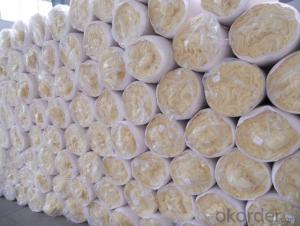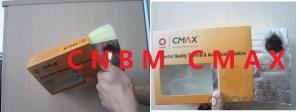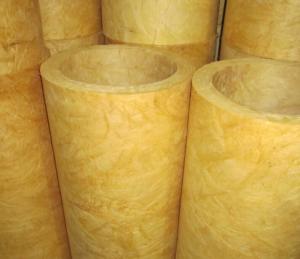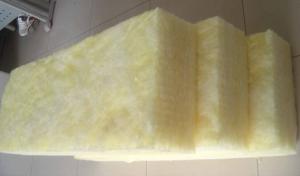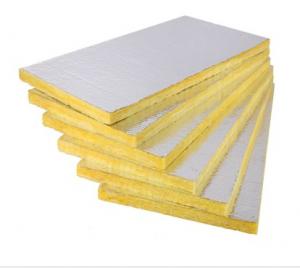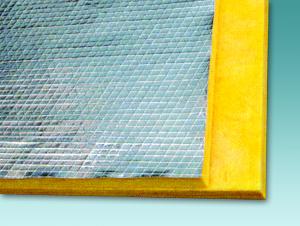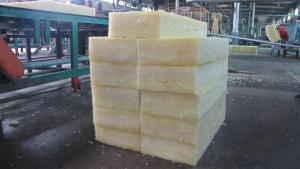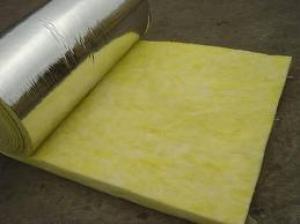Glass Wool for Warehouse Roof Insulation
- Loading Port:
- Shanghai
- Payment Terms:
- TT OR LC
- Min Order Qty:
- 7 m.t.
- Supply Capability:
- 1000 m.t./month
OKorder Service Pledge
OKorder Financial Service
You Might Also Like
Glass Wool the best material used for the insulation and sound absorption of steel structures, it mainly includes bare blanket and the blanket with alum. foil faced, they are widely used in industrial plants, warehouses, public facilities, exhibition centre’s, shopping centre’s, cold house and a variety of indoor playgrounds, sports grounds and other buildings. Glass wool board is processed by putting the thermosetting binder into glass wool, by pressing and heating, and then, by curing, they are used for insulation, ventilation and adjustment of air-conditioner in commercial industry and residential constructions. Meanwhile, they have effect of energy-saving insulation, sound-controlling and improving the indoor air quality.
Specification:
Density: 12,16,20,24,32,40,48kg/m3
Thermal conductivity: 0.037-0.06W/mK
Average Fiber dia.:less than 7
Grade of combustibility:Non combustible Grade A
Hydrophobicity:More than 98.2%
Usage
Heat preservation for steel structure building
Heat insulation for wall and roof of house to save energy
For indoor partition wall,Train compartment
For cool-making and high buildings required to be fireproof, heat resistant
and sound insulating,They are widely used in industrial plants, warehouses, public facilities, exhibition centers, shopping centers, cold stores
and a variety of indoor playgrounds, sports grounds and other buildings
Advantages and features
1. Excellent thermal insulation--very low thermal conductivity coefficients
2. Excellent acoustic insulation--can reduce noise and sound transmitting
3. Non-corrisive, durable
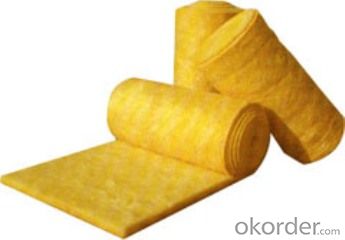
We have organized several common questions for our clients,may help you sincerely:
①How about your company?
A world class manufacturer & supplier of Glass Wool,is one of the large-scale professional investment mineral production bases in China,
consisting of both rock wool and mineral wool factory. Annually more than 8000 tons. Glass Wool are exported to markets in Asian, American,
Middle East, African. OEM service available according to customer’s requirements.
②How to guarantee the quality of the products?
We have established the international advanced quality management system,every link from raw material to final product we have strict quality
test;We resolutely put an end to unqualified products flowing into the market. At the same time, we will provide necessary follow-up service
assurance.
③How long can we receive the product after purchase?
In the purchase of product within two week days, We will arrange the factory delivery as soon as possible. The pecific time of receiving is
related to the state and position of customers. Commonly two weeks working days can be served.
- Q: How to distinguish green glass wools?
- Glass wool eco-friendly attributes can be analyzed from different aspects. Glass wools with different colors are not the same and there is no offensive odour.
- Q: What is the difference between the glass fiber and glass wool?
- Fiberglass is an excellent inorganic non-metallic material. There are many kinds of glass fibers whose advantages are good insulation, heat resistance, corrosion resistance, high mechanical strength, and the drawbacks are brittle and poor wear resistance. Glass wool, a man-made inorganic fiber, belongs to a kind of glass fiber. It is a spongiform material made through fibration of melten glass. It is an inorganic fiber whose chemical components belong to glass, having good formability, low bulk density, low thermal conductivity, good thermal insulation and sound absorption, corrosion resistance and chemical stability.
- Q: Is the glass wool poisonous,
- if the glass fiber deposition in the lungs, the human lungs will cause serious harm,
- Q: Does anyone know about the general unit weight of glass cotton color steel?plate?
- Glass cotton is the general term of fibrous silicate minerals which can be split into long and narrow flexible fibers. Glass cotton are manufactured to meet the requirement of large-area pave, apart from the unique thermal insulation property, they are good at fireproofing, shock and sound absorption which help to reduce noise pollution, and improve working environment. The thickness of rock wool board : 40 to100 mm. The unit weight is 80 to 150kg / m?. Glass wool can be processe into different products. The thickness: 25 to 100mm. The unit weight is 30 to 80kg.
- Q: Glass wool can be used at zero degrees
- There are alkali superfine glass wool felt temperature: -100 ~ 450 ℃
- Q: Which is more suitable for industrial pipe insulation: glass wool or rock wool ?
- Glass wool can only be used in about 260℃, but the highest operating temperature of rock wool is about 600℃. It is easy to construct and install, and can be used for many years with good effect of energy conservation, suitable for small storage tanks and cambered surface with small surface curvature radius and equipments with irregular surface. Rock wool has low heat conductivity coefficient, usually used in thermal insulation places at 450℃. Glass wool has lighter unit weight, lower shot content and higher cost performance ratio than rock wool, so it is widely used in insulation of general buildings and low temperature pipes, building air condition piping insulation and wall sound absorption. While rock wool felt is a quality thermal insulation material with low heat conductivity coefficient. Rock wool felt, with excellent insulation property and low price, is widely used in insulation for high temperature heat pipelines or electrical equipments. While glass wool is usually used in insulation places under 200℃。 Suitable for pipes with medium and large diameter. Fiber has strong toughness. That depends on your need.
- Q: What is the density of high-temperature glass wool ?
- Sound absorption characteristics of glass wool depends on its thickness and density as well as overlay of pavement materials and structure. When applied to practical situations, we should also take into consideration of the cost, appearance, fireproof property, moistureproof, dust, anti-aging.
- Q: Centrifugal glass wool board is used to do what
- Centrifugal glass wool board is used to do what
- Q: What are the differences among glass wool, rock wool and mineral wool?
- Glass wool: The main raw material is glass, the fire rating of which is A-level, and the heat conductivity coefficient is 0.037, the shrinkage temperature is around 270 degrees. Uses: It has a significant cold insulation performance. Rock wool: The main raw material is basalt, the fire rating of which is A-level, and the heat conductivity coefficient is 0.040, the shrinkage temperature is around 730 degrees. Uses: It can be used in high-end engineering projects such as construction, shipbuilding, petrochemical ones. Mineral wool: The main raw material is slag, the fire rating of which is A-level, and the heat conductivity coefficient is 0.044, the shrinkage temperature is around 680 degrees. Uses: It can be used as filling and thermal insulation materials for curtain walls.
- Q: what is the specifications of glass wool and rock wool shell and tube?
- it can be done according to customer demand
Send your message to us
Glass Wool for Warehouse Roof Insulation
- Loading Port:
- Shanghai
- Payment Terms:
- TT OR LC
- Min Order Qty:
- 7 m.t.
- Supply Capability:
- 1000 m.t./month
OKorder Service Pledge
OKorder Financial Service
Similar products
Hot products
Hot Searches
Related keywords
